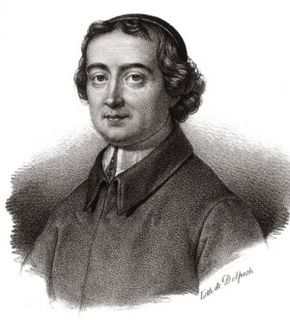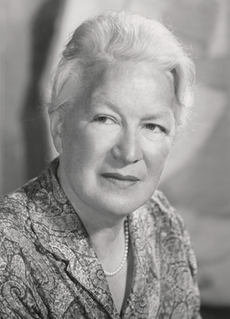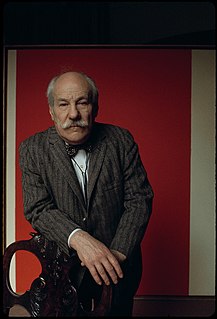A Quote by Margaret Wise Brown
Quietness is an essential part of all awareness. In quiet times and sleepy times, a child can dwell in thoughts of his own, and in songs and stories of his own.
Related Quotes
In this modern world where activity is stressed almost to the point of mania, quietness as a childhood need is too often overlooked. Yet a child's need for quietness is the same today as it has always been--it may even be greater--for quietness is an essential part of all awareness. In quiet times and sleepy times a child can dwell in thoughts of his own, and in songs and stories of his own.
There are some works which the authors must consign unpublished to posterity, however uncertain be the event, however hopeless be the trust. He that writes the history of his own times, if he adhere steadily to truth, will write that which his own times will not easily endure. He must be content to reposite his book till all private passions shall cease, and love and hatred give way to curiosity.
Fairy tales are loved by the child not because the imagery he finds in them conforms to what goes on within him, but because--despite all the angry, anxious thoughts in his mind to which the fairy tale gives body and specific content--these stories always result in a happy outcome, which the child cannot imagine on his own.


































